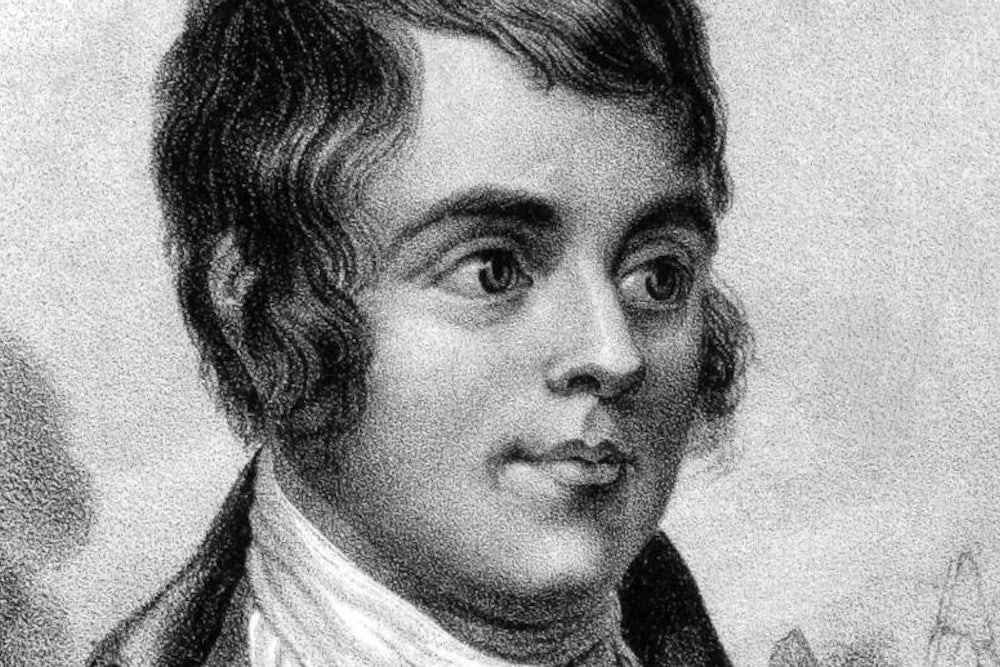For anyone doubting the power of literature to drastically influence major political events, let us invoke the shadow of Robert Burns, the perennial eighteenth-century Scottish poet. One can argue that, were it not for his enduring, resonant, recurrent voice, the vote for Independence that his fellow countrymen just rejected by a larger than expected margin, would not have been even close, a referendum might not have even been held.
Burns is ubiquitous all over his native land, still informing the intonations and dreams and tongue of every Scottish lad and lass. My wife and I have heard his songs intoned in taverns from Glasgow to Inverness, and his earthy love poems dropping from lips of friends in Edinburgh and St. Andrews. We have recognized in the Highlands the rocks and fields, hills and crusty faces he made immortal, seen the red, red rose of June flame forth in gardens and hedges. We have noticed how persistent references to Burns subsist in plays by Scottish authors enjoyed in Edinburgh and in films relished at that city’s Film Festival. But his voice is present above all in the colloquial cadences and rhythms of the speech itself with which Scots today, old and young, male and female, prosperous and working class, address one another. By stirring the soul with memories of Robert the Bruce and mountain daisies, by composing odes to haggis as well as to a mouse evicted by a plough from her home, Robert Burns helped to forge a pride of place and history and landscape that has become a reservoir of national identity, anticipating perhaps a day when his people would decide whether to sever themselves from the great Union he was born into.
Perhaps, rebellious as he was and an admirer of the French Revolution, this bard would have sympathized with the desire for nationhood from an array of nineteenth-century poets whose verses were central to their countries’ quest for self-rule: Sandor Petofi in Hungary, Adam Mickiewizcz in Poland, José Martí in Cuba, Bonaventura Carles Aribau in Catalonia, Nguyen Dinh Chieu in Vietnam. Perhaps if he had been born in their troubled times he also would have engaged in messianic and prophetic calls for independence. What is certain, however, is that there was nothing chauvinistic or narrow in his view of humanity. His poems have been translated into countless languages and cherished by many who, like me, have not a wee ounce of Scottish blood in our veins. And, of course, Burns loved English stanzas and authors and novels, and wrote and spoke that language with utmost perfection and elegance, remains paradoxically part and parcel of the British canon.
And yet, he did urge his compatriots to listen to “the wild effusions of the heart,” which they seem to have done in droves. Most observers of the referendum suggest that it was the heart that whispered to so many Scots to vote yes. They took him, so to speak, and speak he did and does and will, to heart.
Now that this electoral confrontation is over and other confrontations and negotiations are about to begin in its aftermath, now that a cool head and healing hands will be needed, Robert Burns still has a final message for both sides of his bitterly divided country. You can almost hear him singing to the strains of his most famous song, “Auld Lang Syne.” It’s time, he must be saying from beyond the grave, to “drink a cup of kindness now,” for the sake of days long gone by, for auld lang syne, bonny lads and lasses, for auld lang syne.
